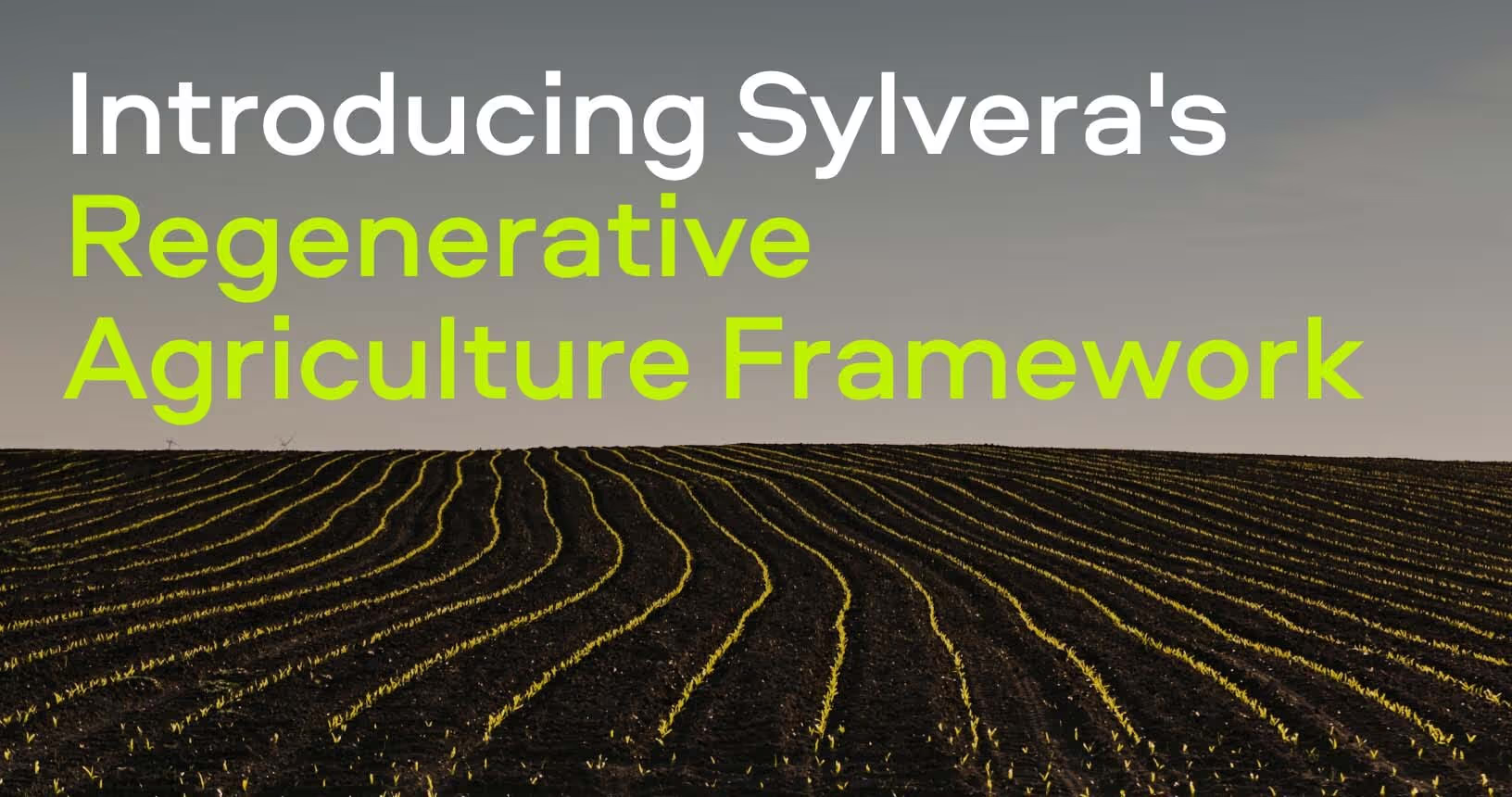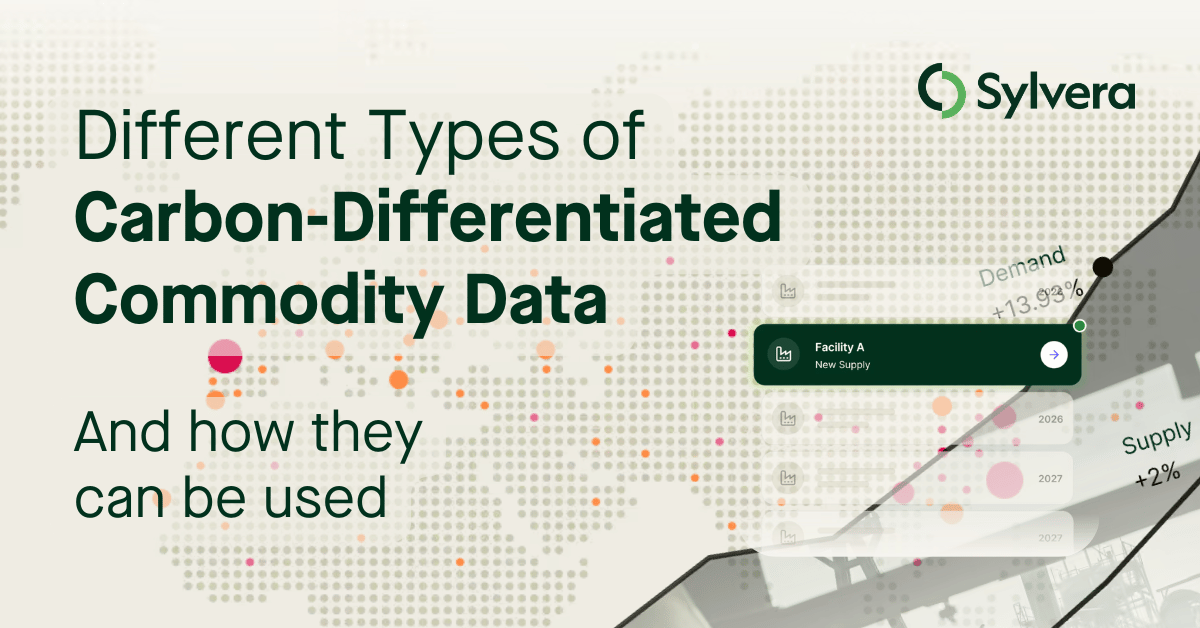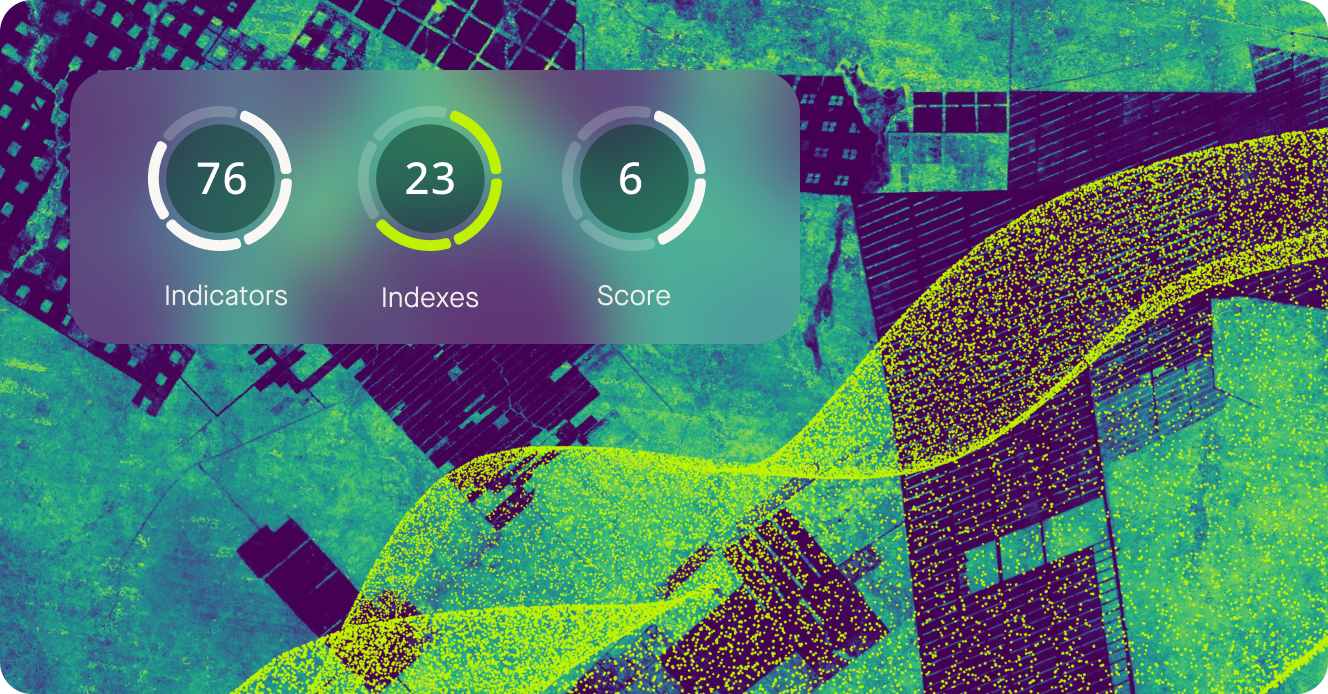“Over the years we’ve invested significantly in our field data team - focusing on producing trusted ratings. While this ensures the accuracy of our Ratings, it doesn’t allow the scale across the thousands of projects that buyers are considering.”
For more information on carbon credit procurement trends, read our "Key Takeaways for 2025" article. We share five, data-backed tips to improve your procurement strategy.

One more thing: Connect to Supply customers also get access to the rest of Sylvera's tools. That means you can easily see project ratings and evaluate an individual project's strengths, procure quality carbon credits, and even monitor project activity (particularly if you’ve invested at the pre-issuance stage.)
Book a free demo of Sylvera to see our platform's procurement and reporting features in action.
What is Regenerative Agriculture?
Regenerative agriculture (Regen Ag) is a way of farming that focuses on the health of the soil and the entire farm ecosystem. It includes practices like managing water and fertility to improve the overall health of the farm.
Since Regen Ag also increases soil carbon, this approach offers vast potential for carbon sequestration. Global cropland soils have the capacity to sequester upwards of 1.85 billion tonnes of carbon (or roughly 6.79 billion tonnes of CO2) annually), which represents roughly 4000% of the current global carbon market.
Sylvera develops a proprietary ratings framework for each project type - learn about the framework for Regenerative Agriculture projects.
Download our Regen Ag Framework White paper
What is a Regen Ag project?
Regen Ag management encompasses any practice that enhances soil's physical, chemical, and biological health. These practices include:
- Implementing cover crops to maintain soil organic carbon (SOC), a component of soil organic matter (complex material derived from the decay of plant and animal material) that is composed of carbon-based compounds, by promoting year-round soil biological activity.
- Practicing crop rotations to boost soil biodiversity and carbon retention.
- Advancing residue management, which contributes an additional source of carbon for soil sequestration.
- Promoting no-till or reduced-tillage techniques, which minimize carbon-depleting mechanical disturbance of soils.
In the Voluntary Carbon Market (VCM), regenerative agriculture projects aim to maximize soil carbon sequestration and retention on agricultural lands. This is achieved by implementing a range of management techniques, like those mentioned above, by the participating farmers.
These projects generate removal credits, although the benefits of Regen Ag span beyond carbon sequestration. Some added benefits of Regen Ag projects include:
- Enhanced Soil Health
- Increased Biodiversity
- Water Conservation
- Reduced Agrochemical and Fossil Fuel Dependency
- Reduced Erosion
- Increased Crop Resilience
Read the Regenerative Agriculture white paper for an overview of how Sylvera assesses the quality and risks of these projects.










.png)
